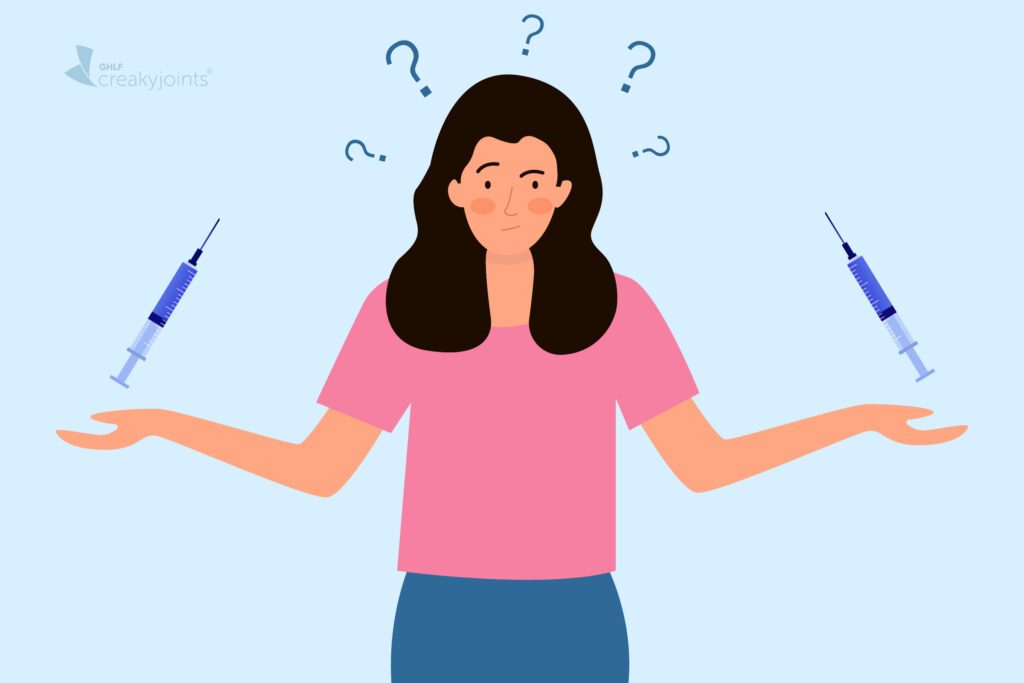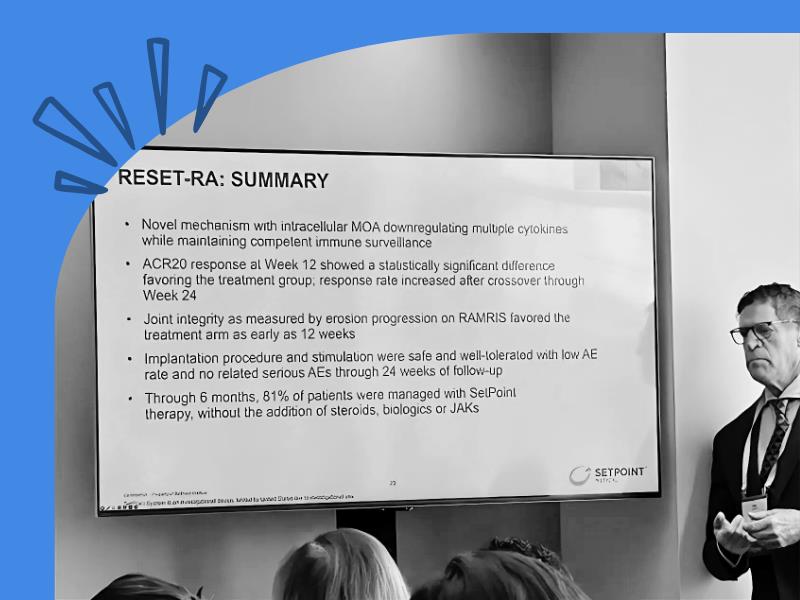Lupus Treatment
The U.S. Food and Drug Administration (FDA) has approved just a few drugs specifically for lupus. While these medications are not a cure, they can help control the symptoms. They include the corticosteroids prednisone, prednisolone, methylprednisolone and hydrocortisone; drugs used to treat malaria such as hydroxychloroquine and chloroquine; and the monoclonal antibody belimumab, the first new drug approved for lupus in more than 50 years (approved in 2011).
For milder pain, aspirin or over-the-counter nonsteroidal anti-inflammatory drugs (NSAIDs) such as naproxen sodium and ibuprofen are recommended, though stronger prescription strength versions of these drugs can be used for more severe pain. Additional medicines that my help with some of the symptoms of the disease include diuretics for fluid retention, high blood pressure drugs, antibiotics for infections, anticonvulsants for seizures and bone strengthening drugs for osteoporosis.
Anti-inflammatory drugs such as corticosteroids are also commonly administered to counter the inflammation of lupus, though these drugs can have serious side effects including high blood pressure and osteoporosis.Drugs that suppress the immune system may be helpful in people who have severe cases of lupus,though these carry the risk of cancer, liver damage and infection. These include azathioprine, mycophenolate, leflunomide and methotrexate.
There is little data supporting the effectiveness of complementary and alternative treatments, though some experts believe fish oil supplements, high in omega-3 fatty acids, can reduce inflammation. Supplementing with the hormone dehydroepiandrosterone (DHEA) may reduce the dose of steroids needed to stabilize lupus symptoms in some patients, and there is some evidence that vitamin D may be beneficial.





